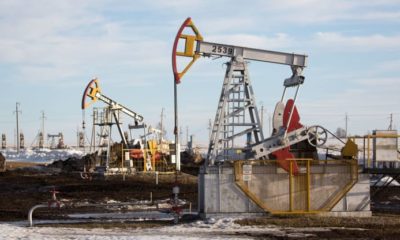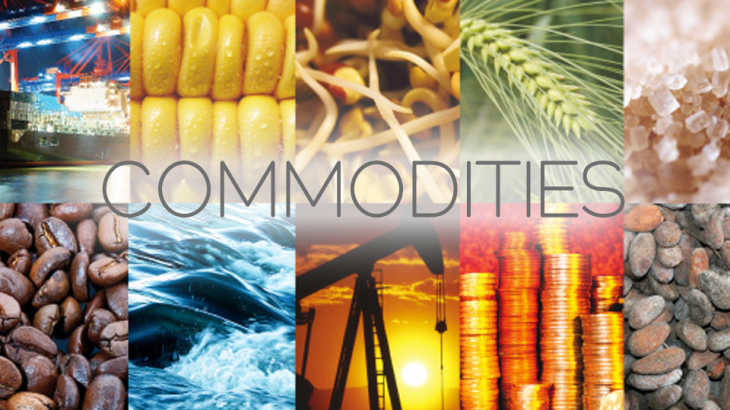Volatility is the only thing that appears to be certain in the markets right now, as European stocks pare losses to even sneak into positive territory on the day while US futures now eye only a small decline after the bank holiday weekend.
The old adage goes that the market hates uncertainty and while that has clearly been evident at times over the last couple of weeks, there’s no doubt that investors continue to be tempted back in at the slightest hint of diplomacy winning the day. Even after the events of the last 24 hours and all of the rhetoric that’s accompanied it, there remains hope.
Russia still claims to desire a diplomatic solution to the crisis in Ukraine, despite being the catalyst for the latest escalation when recognising the independence of two separatist regions. That decision has invited a barrage of criticism and sanctions will follow today which will no doubt damage diplomatic efforts that appeared to be making headway earlier this week.
Of course, while the latest developments look like a precursor to an invasion – and may well be just that – they could also be deliberate attempts to add further urgency to the situation and force people into serious negotiations. As it stands, investors appear to be hoping this is the case and as long as Russia continues to seek a diplomatic solution and troops remain on the right side of the border, interest in the dips will remain.
As the crisis deepens though, we will continue to see risks being priced in accordingly, and nowhere is that more evident than in Russian assets and the oil and gas markets. The move by Germany to halt certification of Nord Stream 2 following the events of the last 24 hours is not entirely surprising but does block what would have otherwise been one passage to alleviating pressures in the gas market in the coming months.
Oil eyeing $100 after Ukraine escalation
While stock markets are enjoying a partial recovery, oil and gas prices remain elevated as a conflict in Ukraine significantly increases the risk of disruptions to Russian supply. While there is reportedly no desire to intentionally restrict supplies in the face of further escalation, assurances will be taken with a pinch of salt given recent developments.
The market remains extremely tight for oil and gas and the risk of disruption will result in a significant risk premium for as long as the possibility of conflict remains. A nuclear deal between the US and Iran will alleviate some of the pressures in the oil market but as we’re seeing, that’s doing little to stop oil prices marching towards $100.
Gold pares gains but remains well supported
Gold is now trading a little lower on the day after trading as high as $1,913 earlier in the session as risk appetite has gradually improved. The recovery looks fragile at best and barring a significant positive development, it’s hard to imagine gold not seeing plenty of support on the dips.
For so long, people have questioned gold’s position as a safe haven and an inflation hedge but recent events have put that debate to bed. The yellow metal continues to trade around $1,900 and could go much further in the event of major escalation.
Bitcoin suffers in risk-averse trade
Bitcoin is seeing some reprieve today after falling more than 15% since last Thursday. Risk aversion has weighed heavily on the cryptocurrency and in the absence of a significant improvement in Ukraine, we could see further pressure on it and other risk assets. With bitcoin back below $40,000, the focus switches back to recent notable levels, including $36,250 – where it has seen support today – and $33,000. But the big level remains $30,000 which has been key for many months.





































